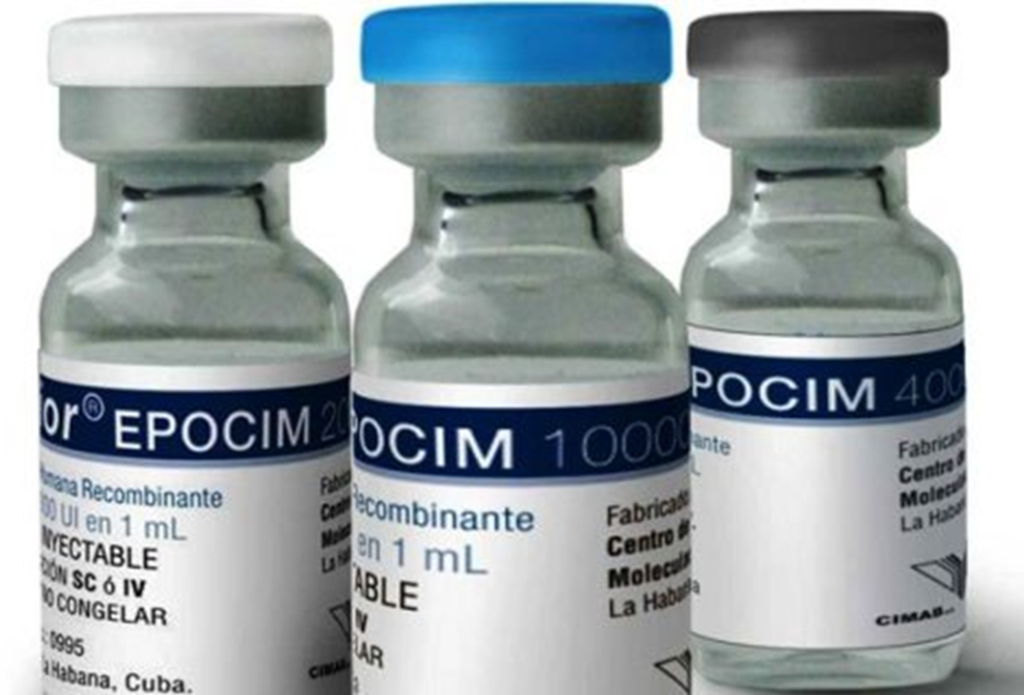
What is Erythropoietin and what does it do?
Erythropoietin, or EPO, is a hormone that stimulates the formation of erythrocytes, better known
as red blood cells, and is the main stimulating agent of erythropoiesis.
Erythropoiesis is a process of formation of erythrocytes themselves that come from the spinal cord.
The production and maturation of red blood cells is influenced by substances such as erythropoietin
and iron that act in different stages of the differentiation of these cells.
In humans, erythropoietin is produced mostly by the kidney (85% to 90%), the rest by the salivary
glands and the liver. When renal failure occurs, the production of erythropoietin is affected, which
in turn affects the production of red blood cells.
Why are Red Blood Cells important? Red blood cells are an essential part of the blood of human beings,
whose main functions are to oxygenate each of our organs and body parts so that We can say that it is
the fuel that makes our body work properly. Red blood cells or red blood cells are responsible for
collecting oxygen and transport it throughout our body. Thus, all our tissues are oxygenated thanks
to the bloodstream. These red blood cells are essential for our blood to be loaded with the nutrients
necessary to feed all the cells of our body. While it is true that maintaining cells nourished is
important, another function of these red blood cells is also noteworthy, which is to drive the waste
products to the excretory organs. What happens to red blood cells when there is a renal failure?
One of the first results of the failure in our kidneys is that when not enough erythropoietin is
produced this affects the production of red blood cells or erythrocytes and thus also affects the
transport of nutrients to our cells, which causes them to die and episodes of anemia occur. There are
treatment alternatives for kidney failure, for more information visit the site:www.mexstemcells.com
